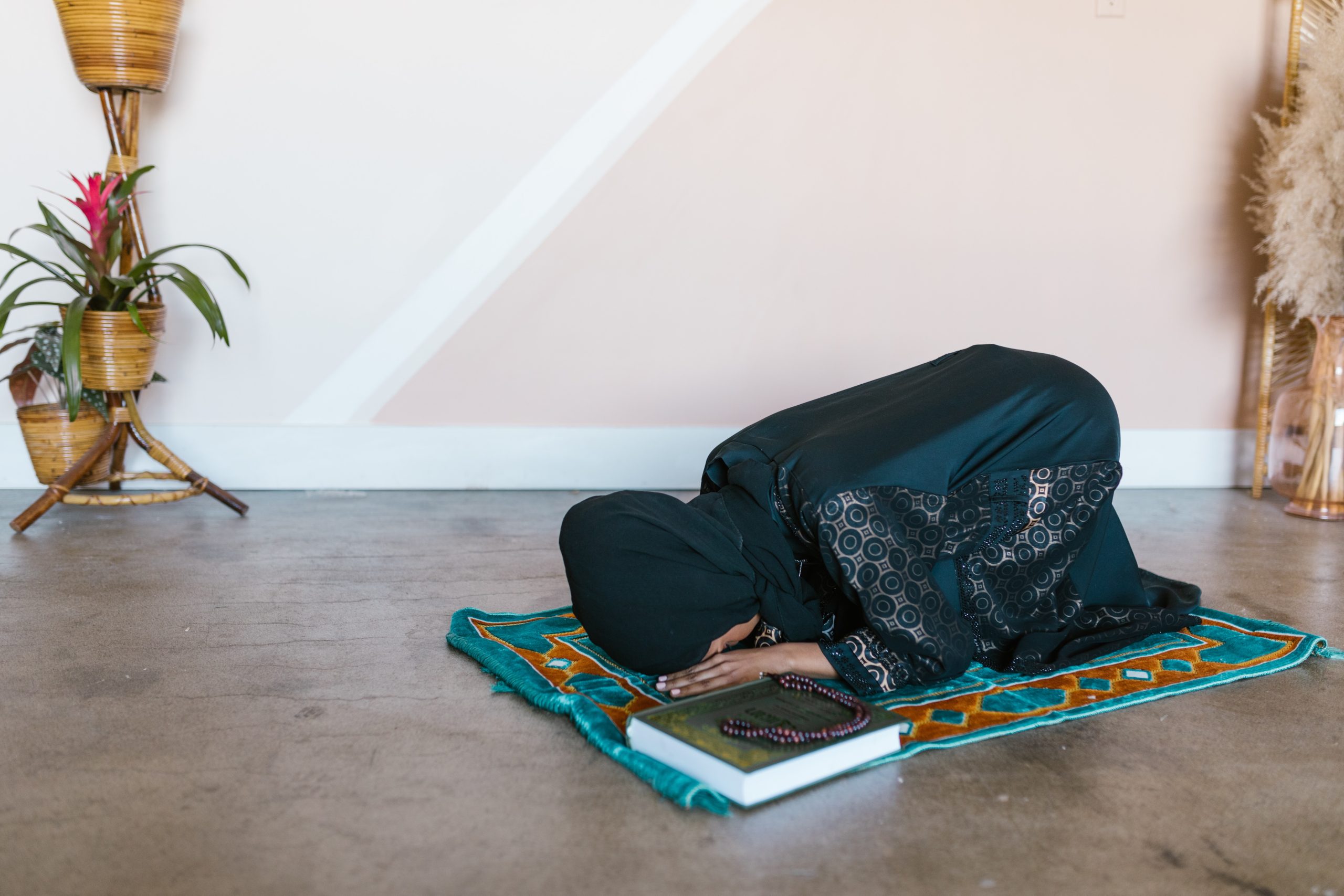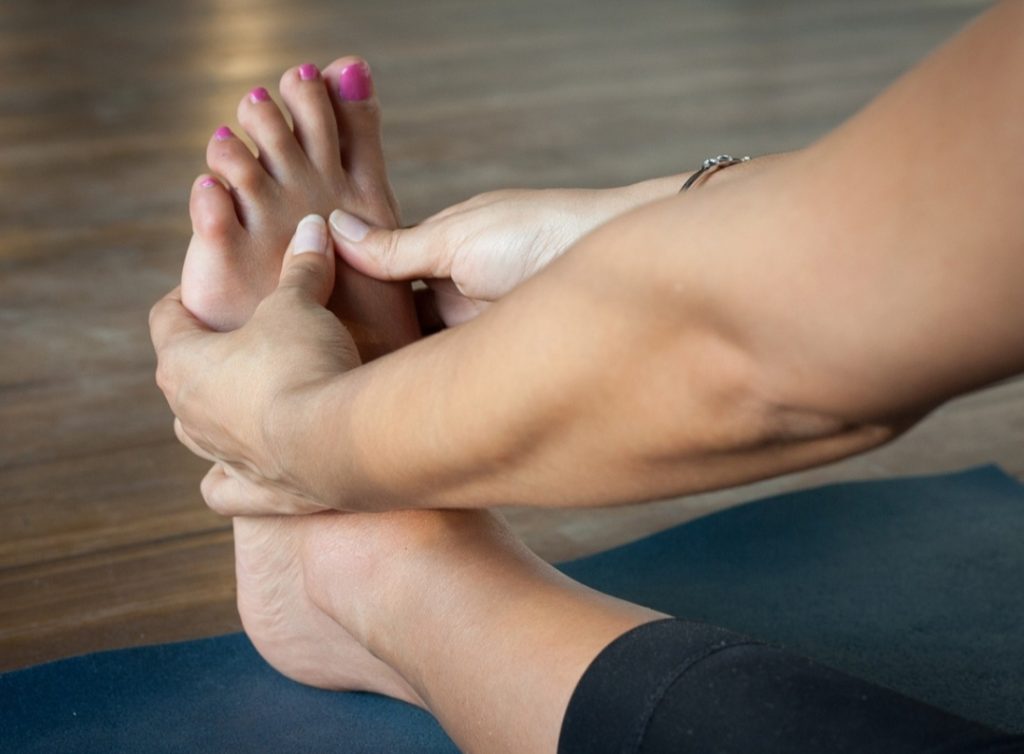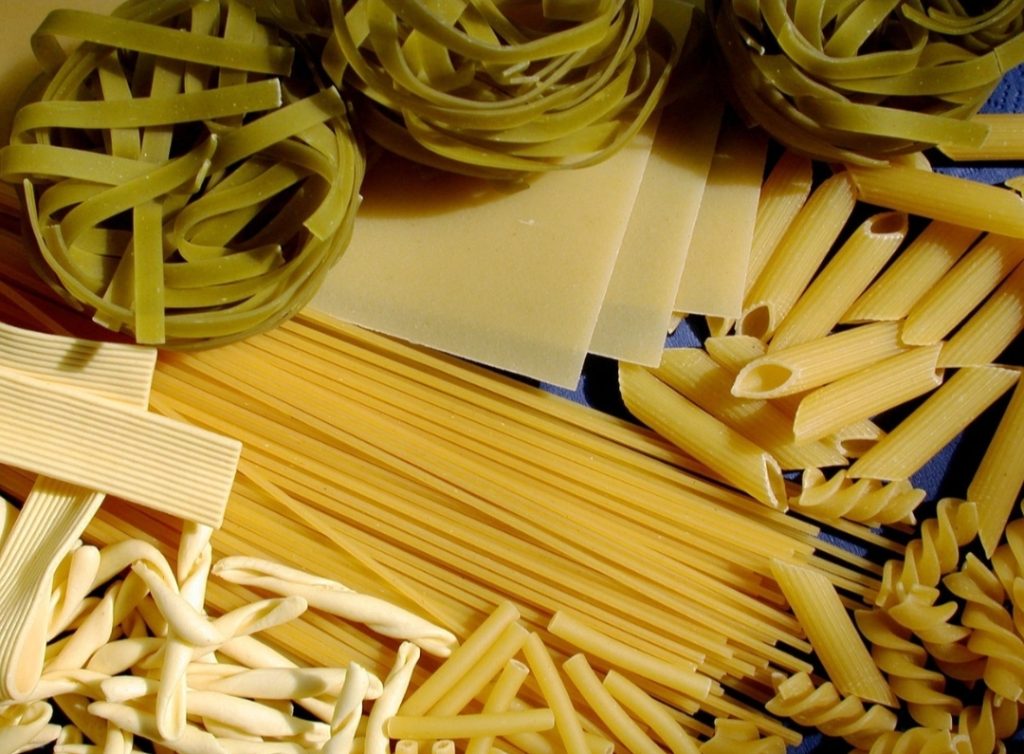The Muslim faith follows the rules for the Holy month of Ramadan, an observance based on the lunar cycle. Because the beginning relates not to a date but to the phase of the moon, it occurs ten days earlier each year. Ramadan started in 2023 on Wednesday, March 22, with a duration of 30 days thus ending on Friday, April 21. Eid al-Fitr follows Ramadan and begins on Saturday, April 22 or Sunday, April 23. The crescent moon needs to set after the sun for it to be visible; thus, the sky must be dark enough to view the small portion of the new moon.
The 30 days occupy the ninth month of the Islamic lunar calendar, and the duration (29 or 30 days) depends on when the new crescent moon is visible. This year Ramadan’s new moon was to have been sighted on March 21 at 17:23 Greenwich Mean Time (GMT). Across the Middle East, Western Europe, the Americas, and North Africa the new moon should be clearly seen. This indicates the March 22 beginning date of Ramadan.
Ramadan dictates Muslims abstain from drinking, sexual relations, and eating from dawn to sunset of each day. Additional prayers may be added to the end of the day. Muslims believe their fasting over an extended period of time allows them to foster specific attitudes and values which will be refined over the timeframe of an entire year. The process can be similar to attending a spiritual training camp.
Participants will often become fatigued because of both feeling hungry and thirsty while additionally pushing the envelope with late-night prayers and eating meals only before dawn and after dusk each day. The rewards of following these dictates will be considered multiplied because of all these factors.
Fasting during Ramadan according to the Quran brings believers closer and more conscious of God. The absence of what generally is taken for granted (water and food, for example) gives people a greater ability to grow closer to God as the creator and sustainer while reflecting on the purpose of life. An additional benefit allows one to feel the impact of poverty that will hopefully provide feelings of empathy.
Physical limitations including illness or old age will render some Muslims exempt from fasting as well as people who are traveling. If able, people will make up the fasting time at a later day. Individuals who are unable to fast at all should provide meals for the needy if financially able.
Muslims believe the Quran was first revealed to the Prophet Muhammad, a man brought to earth with a divine inspiration to preach while also bringing unification to Arabia into a single Muslim polity (i.e., an identifiable political group featuring the capability to mobilize resources) in the final 10 days of Ramadan. Some members will try to recite the entire Quran, the recognized central religious text of Islam and believed by Muslims to be a revelation from God. The Quran includes 114 chapters consisting of verses.
“The festival of the breaking of the fast,” which is known as Eid al-Fitr, begins as Ramadan ends. Muslims will attend a religious service and exchange gifts. This holiday includes a three-day celebration but will not begin until the new moon is sighted. Thus, the start dates can vary.
Ramadan hopefully provides spiritual growth and increased knowledge of the Muslim prayers and holy books. We should all hope our Muslim friends and neighbors will have the strength and tenacity to carry through these requirements and therefore become spiritually fulfilled.
Her Nexx Chapter invites you to join our free Community where women from around the world are connecting with each other’s stories, exploring different experiences, and transforming ideas.
The Future of Connection for Women








0 Comments